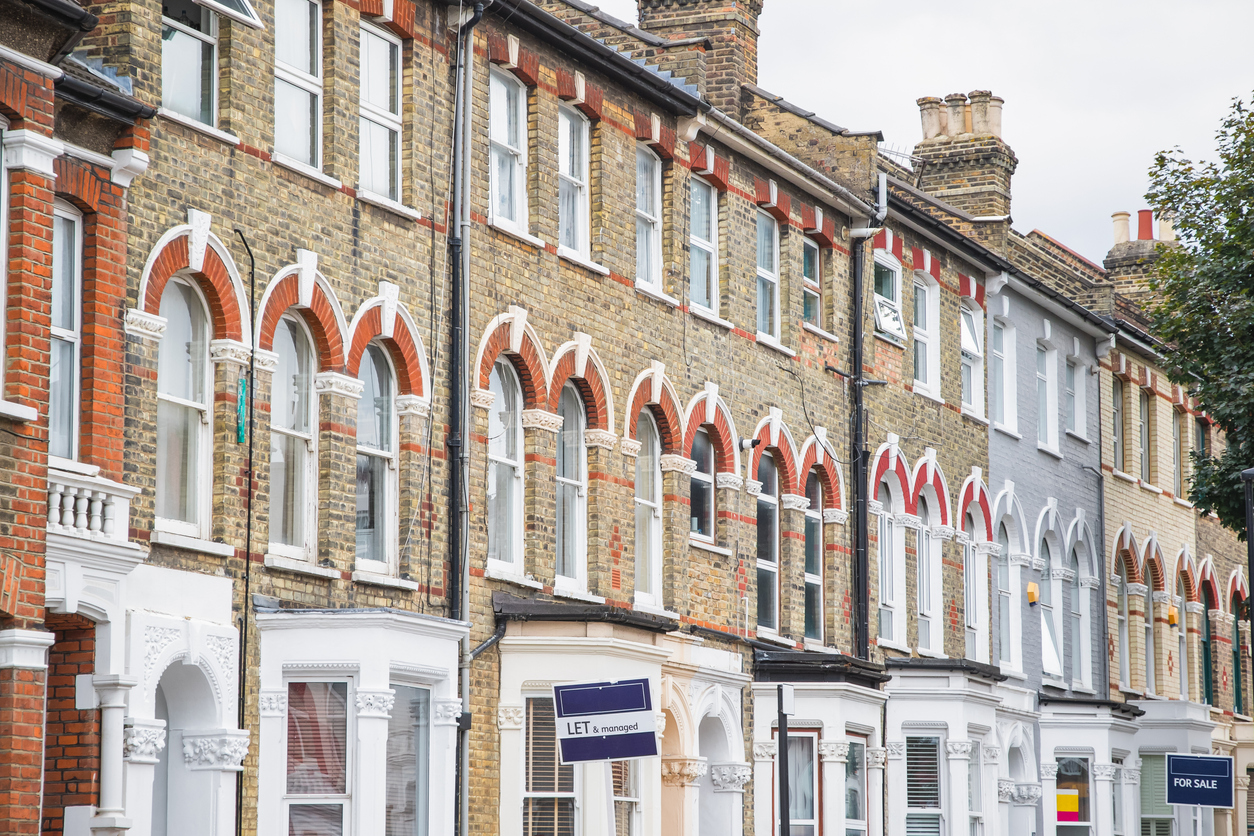Virtual Freehold: A Guide to This Unique Property Ownership Structure
The UK property market offers various forms of ownership, each with distinct rights and obligations. Among these is virtual freehold, a term that often confuses buyers but presents unique opportunities, especially in commercial and high-value residential property markets. Fraser Bond demystifies this concept and explores its benefits, drawbacks, and applications.
What is Virtual Freehold?
Virtual freehold refers to a long-term leasehold property—typically lasting 999 years—that functions much like freehold ownership. While technically a leasehold, virtual freehold offers:
- Extended Lease Terms: The lease is so long that the distinction between leasehold and freehold becomes negligible in practical terms.
- Minimal Ground Rent: Often, the ground rent is either nominal or "peppercorn" (effectively zero).
- Control and Flexibility: The leaseholder has near-total control over the property, resembling the rights of a freeholder.
Virtual freehold is common in commercial properties but is increasingly seen in residential settings, particularly in London.
Key Features of Virtual Freehold
- Long Lease Tenure: With leases lasting up to 999 years, ownership security is comparable to freehold properties.
- No Ongoing Costs: Unlike shorter leaseholds, there is often no service charge or management fee beyond initial purchase costs.
- Ownership Rights: You can sell, rent, or make changes to the property (subject to lease terms), much like a freeholder.
Advantages of Virtual Freehold
- Cost-Effective Alternative: Virtual freehold properties can be more affordable than outright freehold, especially in prime locations.
- Investment Appeal: Long leases maintain value over time, making them attractive to investors.
- Less Maintenance Liability: Unlike freehold owners, virtual freeholders may share some upkeep responsibilities with the freeholder.
Potential Drawbacks
- Leasehold Limitations: Despite its name, virtual freehold remains a leasehold arrangement. Lease terms and conditions may restrict certain uses or changes.
- Renewal Considerations: Though rare, a lease nearing its end (centuries later) may still require renewal.
- Resale Impact: Some buyers prefer outright freehold ownership, which may slightly impact the property’s appeal.
When is Virtual Freehold a Good Choice?
Virtual freehold is ideal for buyers seeking the advantages of freehold ownership without the higher cost, particularly in high-demand markets like London. It also suits commercial buyers who need long-term security for their premises.
How Fraser Bond Can Help
Navigating the complexities of property ownership types requires expert guidance. Fraser Bond offers:
- Tailored Advice: We help buyers understand the nuances of virtual freehold and how it fits their goals.
- Comprehensive Listings: Explore a variety of virtual freehold properties in prime London locations.
- Seamless Transactions: From initial consultation to completion, we ensure a smooth and transparent process.
Conclusion
Virtual freehold offers a compelling mix of affordability, security, and ownership rights, making it an attractive option for many buyers. If you're considering a virtual freehold property or want to understand how it compares to freehold and leasehold, Fraser Bond is here to assist.
Explore our property listings or contact us today for expert guidance tailored to your needs.



